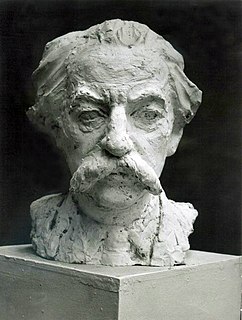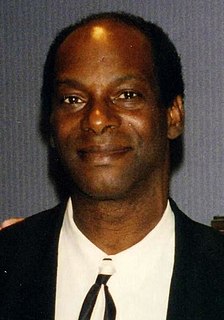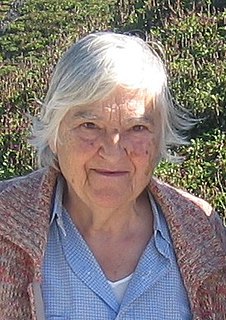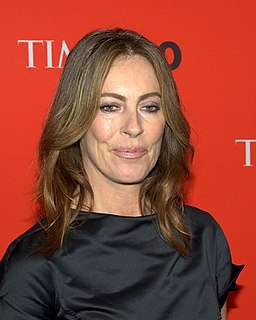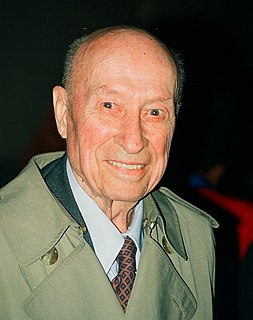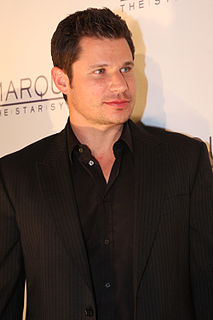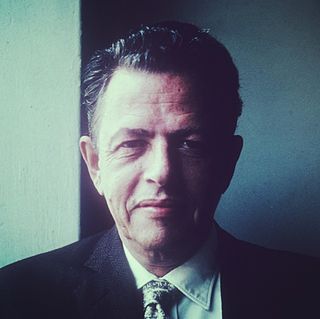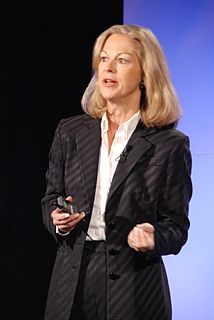A Quote by Abraham Maslow
Expression and communication in the peak–experiences tend often to become poetic, mythical, and rhapsodic, as if this were the natural kind of language to express such states of being.
Related Quotes
Freedom is the thing that has attracted me most to jazz. Within improvisation, you're really able to express something that maybe I'm not so adept at expressing via language. So I develop a language through the instrument to tell stories. So it's kind of this freedom of thought and freedom of expression that kind happens.
The more authentic you become, the more genuine in your expression, particularly regarding personal experiences and even self-doubts, the more people can relate to your expression and the safer it makes them feel to express themselves. That expression, in turn, feeds on the other person's spirit, and genuine creative empathy takes place, producing new insights and learnings and a sense of excitement and adventure that keeps the process going.
On the rare occasions when our dreams succeed and achieve perfection - most dreams are bungled - the are symbolic chains of scene and images in place of a narrative poetic language; they circumscribe our experiences or expectations or situations with such poetic boldness and decisiveness that in the morning we are always amazed when we remember our dreams.

